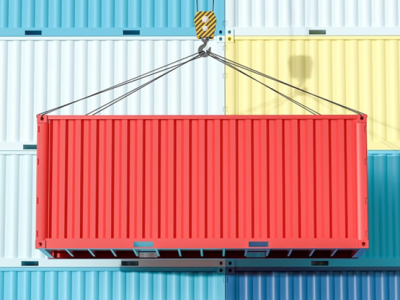Industrial batteries are a crucial component of many modern industries. They are used to power a variety of machines, equipment, and vehicles in industries ranging from transportation to manufacturing. These batteries are designed to provide reliable, long-lasting power for heavy-duty applications, making them an essential part of many businesses’ operations. In this article, we will explore what industrial batteries are, their types, applications, and how they can benefit your business.
Industrial batteries
There are several types of industrial batteries, each with their own unique features and advantages. Some of the most common types of industrial batteries include:
Lead-acid batteries – These are the most commonly used industrial batteries. They are relatively inexpensive, reliable, and have a long lifespan.
Lithium-ion batteries – These batteries are becoming increasingly popular in industrial applications. What are industrial batteries? They are lightweight, compact, and have a high energy density. Lithium-ion batteries are often used to power electric vehicles, renewable energy systems, and portable electronics.
Nickel-cadmium batteries – These batteries are known for their durability and long lifespan. They are often used in aerospace, telecommunications, and other industries where reliability is critical.
Nickel-metal hydride batteries – These batteries are similar to nickel-cadmium batteries but have a higher energy density. They are often used in hybrid electric vehicles, medical equipment, and other applications where high power and long life are essential.
Applications of industrial batteries
Industrial batteries have a wide range of applications across various industries. Some of the most common applications of industrial batteries include:
Transportation – Industrial batteries are often used to power electric vehicles, such as forklifts, golf carts, and other types of industrial vehicles.
Renewable energy – Industrial batteries are also used in renewable energy systems, such as solar and wind power. They store excess energy produced by these systems and provide power when there is no sun or wind.
Telecommunications – Industrial batteries are used to power backup systems for telecommunication networks. They ensure that critical communication systems remain operational in the event of a power outage.
Healthcare – Industrial batteries are used in medical equipment, such as ventilators and defibrillators. They provide reliable power for critical lifesaving equipment.
Industrial battery maintenance
Maintaining your industrial batteries is crucial to ensuring their longevity and reliability. Here are some tips for maintaining your industrial batteries:
- Keep your batteries clean and free of debris.
- Check your batteries’ water levels regularly and top them up as needed.
- Charge your batteries fully and avoid overcharging or undercharging them.
- Store your batteries in a cool, dry place, away from direct sunlight and other heat sources.
Conclusion:
Choosing the right industrial battery for your business depends on several factors, including the application, power requirements, and budget. When selecting an industrial battery, it is essential to consider factors such as battery life, energy density, and charging time.












Comments